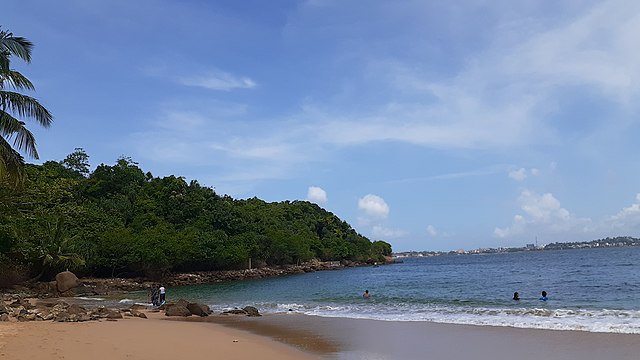Norway opposes the EU proposal to set a dynamic price ceiling for natural gas transactions, the country’s minister of oil and energy Terje Aasland warned on Wednesday (27 October).
“The most reasonable way to handle the future and also th[is] special situation [of high prices] is to have a commercial framework where the companies meet and have contracts for gas and energy,” Aasland said in a press conference alongside EU energy commissioner Kadri Simson.
Join EUobserver today
Become an expert on Europe
Get instant access to all articles — and 20 years of archives.
14-day free trial.
… or subscribe as a group
Simson travelled to Oslo to strengthen cooperation with Norway under the EU-Norway Energy Dialogue, launched earlier this year. Discussions covered the current energy crisis, as well as topics like critical infrastructure, renewables, and green hydrogen.
Norway’s opposition to price caps comes amid intense discussions in the EU over how to tackle energy prices and shield consumers from soaring bills.
EU countries have agreed to purchase gas together through a joint platform before next winter, covering up to 15 percent of the EU’s gas storage capacity.
But they remain divided over whether and how to limit gas prices.
The commission has proposed, as a last resort, to intervene in markets and set a maximum dynamic price for transactions made on the Dutch Title Transfer Facility (TTF) — but some EU capitals fear such a measure could prompt companies to sell their gas to other regions, putting the security of supply at risk.
EU energy ministers this week called on the commission to present an analysis of how the price cap will ensure the EU’s security of supply. “Technical work is ongoing,” said Simson.
Since Russia cut gas flows to Europe, Norway has become the bloc’s largest supplier of gas, covering about 25 percent of the union’s needs.
When asked whether the EU-Norway Energy Dialogue narrowed the gap between the parties on outstanding issues, Simson was elusive.
The commission has established a task force with energy suppliers to “find a solution that helps us to stabilize the gas price” and takes into account the views of counterparts, the commissioner said.
“Today’s meeting was not meant to replace this task force’s work,” she said.
Aasland, for his part, said that dialogue is important in this difficult time. “I fully respect the way that the EU and the commission are working”.
“We have been very clear. We want a solution [to be found] in a commercial framework. And that is still our message,” he also said.





















Discussion about this post